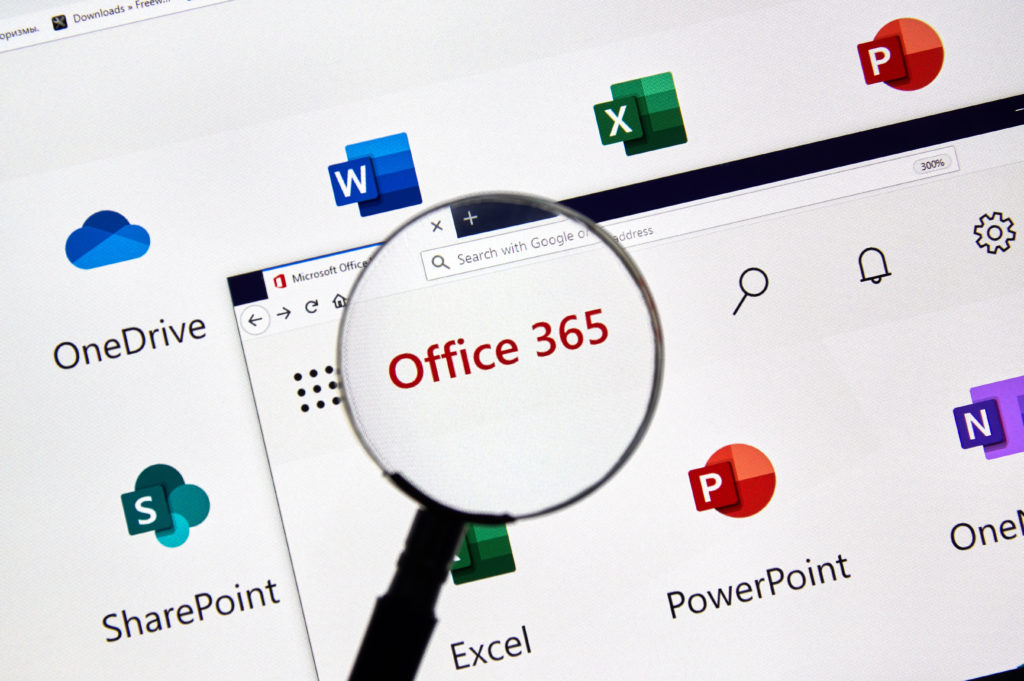Choosing a Windows Release Branch

There is still debate online on if you should deploy LTSC releases as the primary version in an enterprise environment. The general thought behind this is sound, as it includes arguments such as “we get longer support” and “there is less weird/consumer stuff in it”. As I often end up in these discussions with organizations, even if they are not as common they still happen. There are a couple of things you should consider before you even think about running LTSC.
What About Office / Microsoft 365 Apps
The first point to address is generally Office / Microsoft 365 Apps. More and more organizations have already or are moving to Microsoft 365. IF! you are going to be using Microsoft 365 Apps, this becomes an important point. Microsoft changed the usage rights permissions for ProPlus and LTSC making ProPlus unsupported on LTSC. More details can be found here https://techcommunity.microsoft.com/t5/windows-it-pro-blog/changes-to-office-and-windows-servicing-and-support/ba-p/151509

What about hardware
The second point to quickly become a question is on what hardware to run on. Let’s assume you picked LTSC 2016 to run as your primary version, officially this has 10 years of support so, given today’s date, you are still supported. However the devices you can now buy are no longer tested and nor supported by the hardware vendor on that version of Windows 10. As all hardware vendors are keeping up with the new release cadence, which also means they will drop support for older versions as soon as they can.
To get any sort of stability using LTSC you would need to pre-buy and stock all the devices you are going to need over the next 2-4 years. Now don’t get me wrong, I have customers who are doing this with great success. But for them it doesn’t matter if the devices are slightly older when they are put into production. As a contrast, try giving your C-level staff a 3-year-old device and see how happy they are when comparing devices at the golf course.

What About Features
One a third note, I often hear “we don’t need new features”. My first question is then “Who is we?”. The general response is either our users don’t know how to use the new features or the IT persons I’m talking to says “I don’t use them”.
In the first case, the answer is not you don’t need new features, the answer is you need to educate your users. This can be a simple video, a short guide, or a simple picture showing a new feature, making the users more productive.
When I hear the second case I get a bit frustrated. I really could not care less if YOU need a new feature or not. In most organizations, the IT staff are not the people generating money for the organization. The only ones we really should care about are the productive staff and they can really use new features. It helps them do a better or faster job.

What About Security
With more and more security breaches every year. Opting out of new security features is overall a terrible idea. Granted there are some features that may be difficult or very time-consuming to implement. But if you opt to use the LTSC version you will also always be limited to which security features are available to you.
This tends to lead to a less secure environment and makes you a more likely target for threat actors. Don’t be the person to make that your reality!

Summary
Picking the right release branch should for most organizations not be an issue at all. Most organizations should use SAC and not even have a discussion about it. There are of course scenarios when LTSC is the right choice. The primary example of the correct time is machinery with a PC connected. It’s not really a PC anymore, it’s just a part of the machine. It will also stay the same way for the next 5 years.
Always think your decisions through. Don’t choose something because someone is lazy!
Stay ahead with cyber insights
Newsletter
Stay ahead in cybersecurity! Sign up for Truesec’s newsletter to receive the latest insights, expert tips, and industry news directly to your inbox. Join our community of professionals and stay informed about emerging threats, best practices, and exclusive updates from Truesec.
